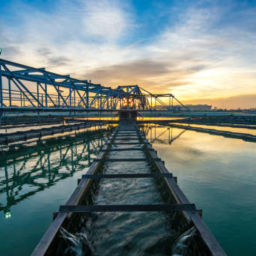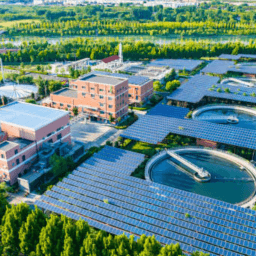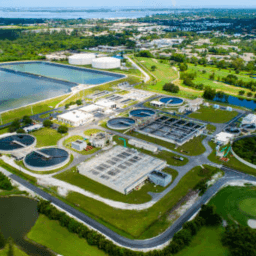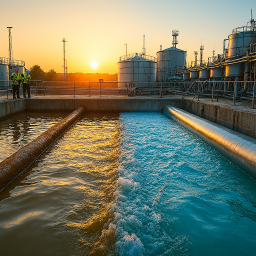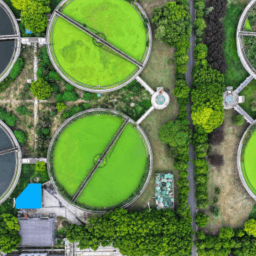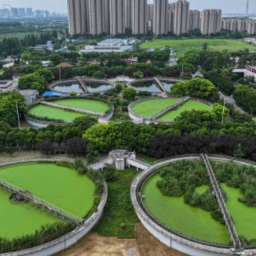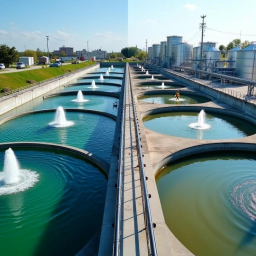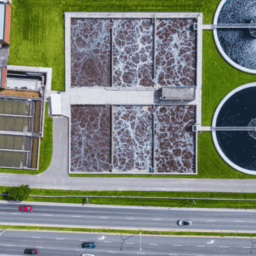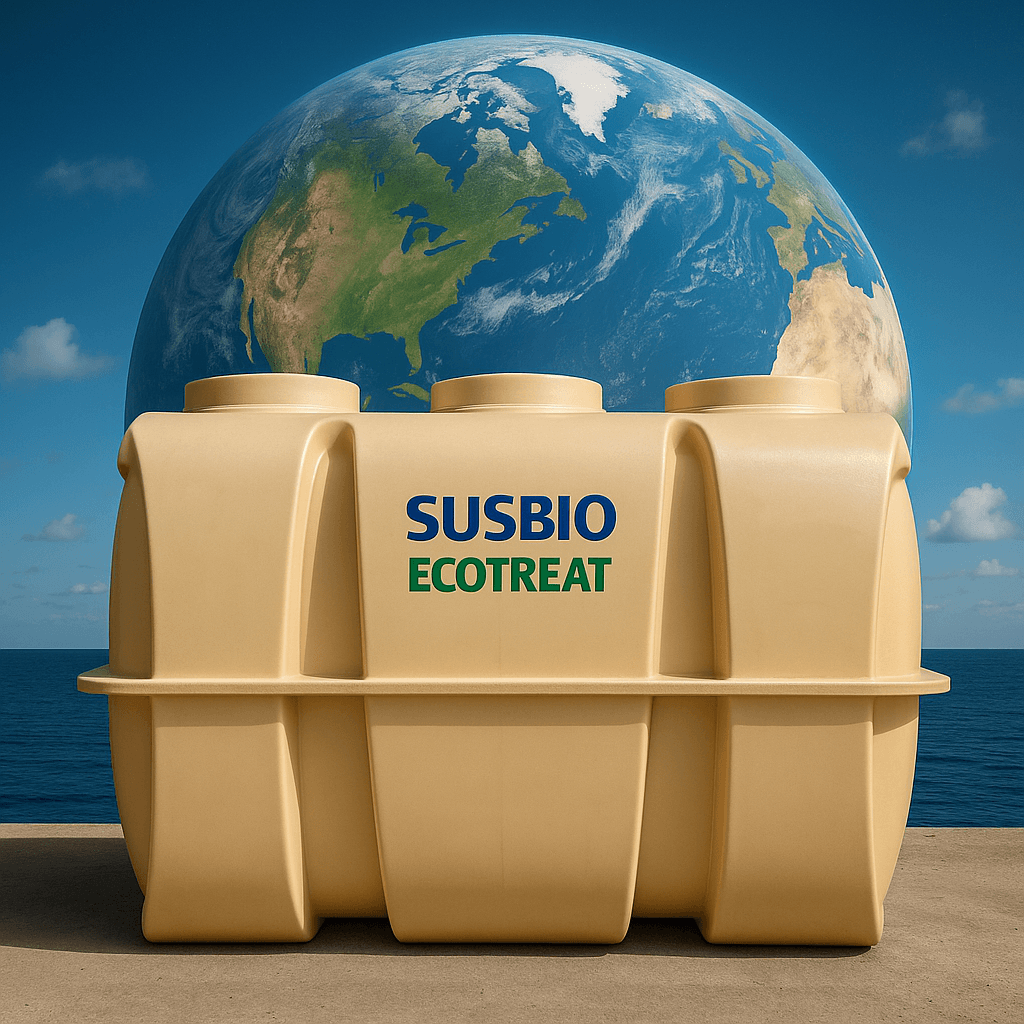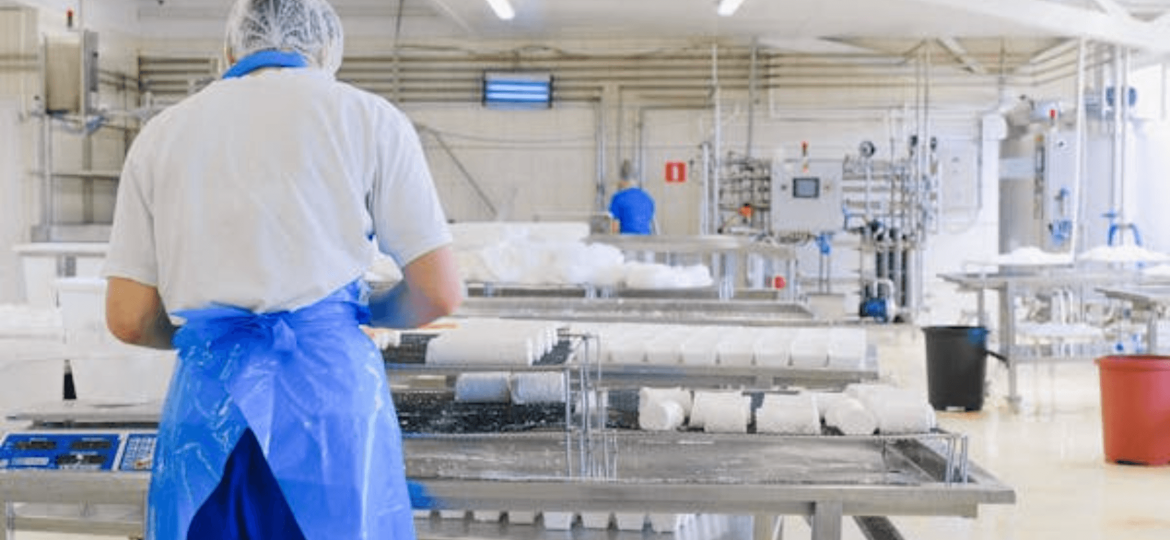
The food industry, known for its high water usage and diverse effluent characteristics, faces significant challenges in managing wastewater. Effluent Treatment Plants (ETPs) play a crucial role in treating and managing this wastewater, ensuring compliance with environmental regulations and promoting sustainability. This blog explores the need for ETPs in the food industry, the treatment process, and how tailored solutions can address unique challenges.
Why Does the Food Industry Need ETPs?
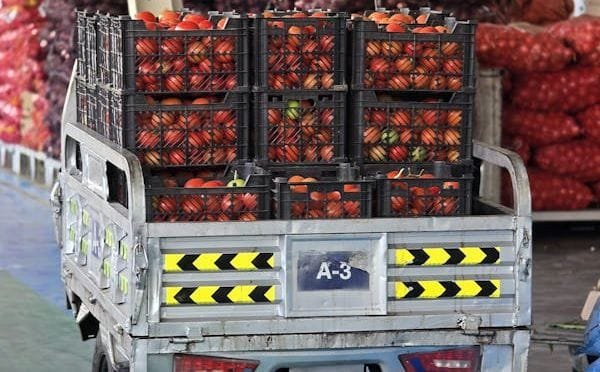
The food industry generates wastewater containing organic matter, fats, oils, grease, and chemicals used in cleaning and processing. Discharging untreated effluent can harm the environment, leading to legal and financial repercussions. Here’s why ETPs are essential:
Regulatory Compliance:
Stringent environmental laws mandate industries to treat wastewater before discharge. ETPs help meet these standards.Environmental Protection:
Proper treatment prevents contamination of water bodies, safeguarding ecosystems.Resource Optimization:
Treated water can be reused for non-potable purposes, reducing dependency on fresh water.Reputation Management:
Sustainable practices enhance the company’s image among consumers and stakeholders.
Key Characteristics of Wastewater in the Food Industry
High Biological Oxygen Demand (BOD):
Organic materials in wastewater deplete oxygen levels in water bodies if untreated.Presence of Fats, Oils, and Grease (FOG):
These substances require specialized treatment to avoid clogging and pollution.High Suspended Solids:
Solids like food particles and residues must be removed to improve water quality.Variable pH Levels:
Cleaning agents and chemicals can cause fluctuations in pH, necessitating neutralization.
Stages in the ETP Process for the Food Industry
Pre-Treatment:
- Removal of large particles, fats, and grease using screens and grease traps.
Primary Treatment:
- Settling tanks separate suspended solids.
- Chemical coagulation neutralizes pH and enhances sedimentation.
Secondary Treatment:
- Biological processes, such as activated sludge or anaerobic digestion, reduce organic pollutants.
- Specialized bioreactors handle high organic loads effectively.
Tertiary Treatment:
- Advanced processes like filtration, UV disinfection, or reverse osmosis remove remaining contaminants and pathogens.
Sludge Management:
- Dewatering and composting of sludge reduce waste and create potential for reuse as bio-fertilizer.
Technologies Used in ETPs for the Food Industry
Activated Sludge Process (ASP):
Efficient for high-organic-load wastewater.Sequencing Batch Reactor (SBR):
Compact and suitable for industries with space constraints.Membrane Bioreactor (MBR):
Combines biological treatment with ultrafiltration for high-quality effluent.Anaerobic Digestion:
Ideal for treating high-BOD wastewater while producing biogas as a byproduct.Chemical Treatment:
Essential for neutralizing pH and removing specific contaminants.
Advantages of ETPs in the Food Industry
Efficient Wastewater Management:
Handles diverse effluent compositions with advanced technologies.Cost Savings:
Reduces water procurement and disposal costs through reuse.Sustainability:
Promotes eco-friendly operations by minimizing environmental impact.Improved Operational Efficiency:
Automated systems reduce human intervention and operational errors.
Why Choose SUSBIO for Your Food Industry ETP?
SUSBIO is a leading provider of advanced Effluent Treatment Plants for the food industry, offering innovative and customized solutions tailored to meet specific needs.
Key Features of SUSBIO ETPs:
- Customized Designs: Solutions tailored to treat food industry effluents.
- Energy Efficiency: Low operational costs with sustainable technologies.
- High-Quality Construction: Durable materials ensure long-term performance.
- Expert Support: In-house installation and maintenance teams provide reliable service.
Conclusion
Effluent Treatment Plants are essential for the food industry to manage wastewater effectively, comply with environmental regulations, and enhance sustainability. With SUSBIO’s expertise and cutting-edge technologies, food processing units can achieve efficient wastewater treatment and support eco-friendly operations.
Contact SUSBIO today for a customized ETP solution designed specifically for your food industry needs!


